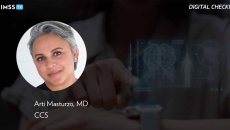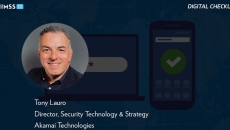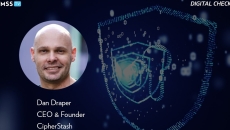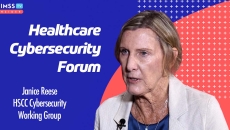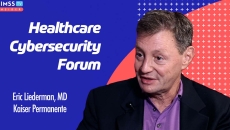data privacy
A diagnostic AI developed at Asan Medical Center has been shown to analyse medical images while protecting privacy.
Dr. Arti Masturzo, chief medical officer at CCS, discusses the pros and cons of RFK, Jr.'s proposal for every American to wear a government-issued health monitoring device within four years, including concerns around device data accuracy.
Security tech and strategy director at Akamai Tony Lauro discusses the challenges with multifactor authentication and how bad actors can gain unauthorized tokens.
Identifying unusual behavior internally is crucial, says Dan Draper, founder and CEO of CipherStash. Encryption-in-use technology can help providers by protecting data and ensuring security for individual, sensitive records.
Janice Reese, an advisory member of the HSCC Cybersecurity Working Group, highlights the importance of ensuring patient data is not siloed, but available across facilities, up-to-date and better secured.
Healthcare organizations need to do everything possible to protect against breaches by outsiders and insiders, and prepare for recovery from a successful attack, says Dr. Eric Liederman, director of medical informatics at Kaiser Permanence.
HIMSS23
Steven Ramirez, chief information security officer at Renown Health, and Steve Cagle, CEO of Clearwater, discuss how they work together to mitigate cybersecurity risk – and the value of vendor partnerships in addressing top healthcare threats.
In letters to Monument, Workit Health and Cerebral, the senators expressed concern about reports that the companies are sharing health data with third parties like Google and Facebook.
What are the risks inherent in trackers regarding patient information? How can they be minimized? Odia Kagan, partner and chair of GDPR compliance and international privacy for Fox Rothschild LLP, offers insights.
The researchers found 20 of the 23 apps reviewed shared data with third parties. Only 16 displayed a privacy policy, and three collected data before consent.

